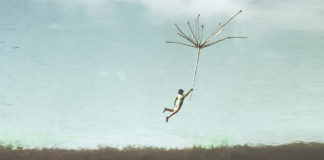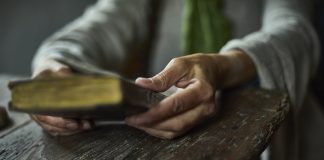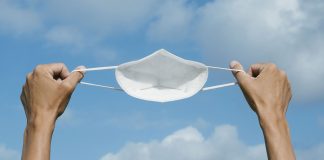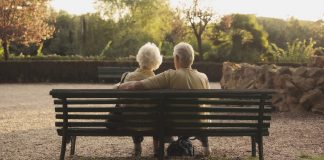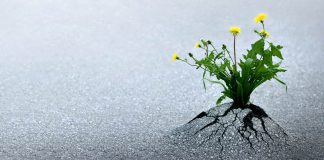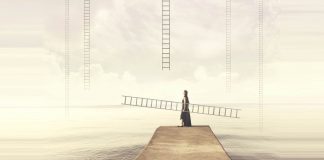The straw man. An argument the size of a flash in the pan.
The moment we distort a person’s intention, statement, gesture or action for our own personal gain we are using, consciously or unconsciously, the straw man argument − a frequent fallacy.
John Andrews, the big-hearted genius
John Andrews and his family decided to cross the ocean against the current of that time. Therefore, many forgotten truths were brought to light, many hopes were reborn, and many dreams came true.
Prodigal sons and abiding sons | How to help children stay close to God
“Children cannot live according to God’s ways if they do not know God’s Words.” This is a truth in which Christian parents can ground their efforts to help their children build their faith in God, in order to later avoid the path of prodigal sons.
There are hidden gospels that expose religious manipulation. True or false?
On the basis of ancient, hidden non-canonical gospels, some commercial and half-learned scholars propagate sensational discoveries, which are in fact both old and novel speculations arising from the Bible’s silence on some aspects of Jesus’s life.
The migration of trust in the digital age
Trust is the main currency of the age in which we live, and people seem to be changing the directions they invest in faster than in the past. How is our life of faith influenced by how we relate generally to trust?
Solving the World Cup puzzle
If there was a theme that could be attributed to the 2022 World Cup more than any other, it’s “murky ethics”. If you’ve got mixed feelings about this year’s edition of the prestigious 92-year-old tournament, you’re likely not alone.
A rapid test concerning COVID-19 and religious freedom
At the heart of Religious Liberty is the issue of worship. Religious Liberty is the freedom to worship according to one’s own conscience.
The Second Coming: Escape or Energiser?
"Lianne struggled with the idea of God," Don DeLillo’s narrator says of one of the characters in his novel, Falling Man. "She was taught to believe that religion makes people compliant. This is the purpose of religion, to return people to a childlike state… . We want to transcend, to pass beyond the limits of safe understanding— and what better way to do...
“Honour your father and your mother”
I once heard on the radio a recommendation to help us understand the elderly: to attach some weights to our backs, hands and feet, put some blurred glasses on our noses, cotton wool in our ears, and then go to the market...
8 signs that show you are an introvert
Detecting an introvert is not as easy as we may think, because sometimes introverts are not shy or silent at all, they take responsibility, work extraordinarily in teams, and can even be skilled public speakers. Yet several traits can unveil the introverted character of an individual.
What the “miracle of the resurrection” means to Christians
"We cry out to the dry bones, 'Come alive! Come to life!' / We cry out to the dead hearts: 'Rise up! Come to life! Let us see an army rise from the ashes'". The song from which I extracted these verses is so rich in literary devices that, probably, if we randomly chose a person and had them listen to it, they...
More than the slaves of appearances
What is left of me after I shut down my computer, turn off my phone, or wipe away my makeup? What about after I quit my job, after I move, after I lose my health, after I get older? What if no one knew me—would I still be someone?
“The Clifford Goldstein story” | Book review
"The Clifford Goldstein story" is addressed to those who, ever so often, feel the need to read something about experimentation, because it is not about theorising a rebellious young man's search for the path of life, but rather a true-life story.
To raise an Amish child
I’m a walking contradiction when it comes to technology. I spend far too much time on the internet—some productive, such as paying bills, researching for my work and reading the news, but mostly wasted time on one-too-many funny cat videos—but I’m still using a Nokia E71 mobile phone bought in 2009. (Don’t laugh! It did win Mobile Choice’s phone of the year in...
The outline of a plastic planet
"We've got all you need, and so much more!" is the tagline that appears in the opening minutes of a famous animated film; a slogan that is not at all disturbing to viewers who have long since become accustomed to the commercials of consumer society.












